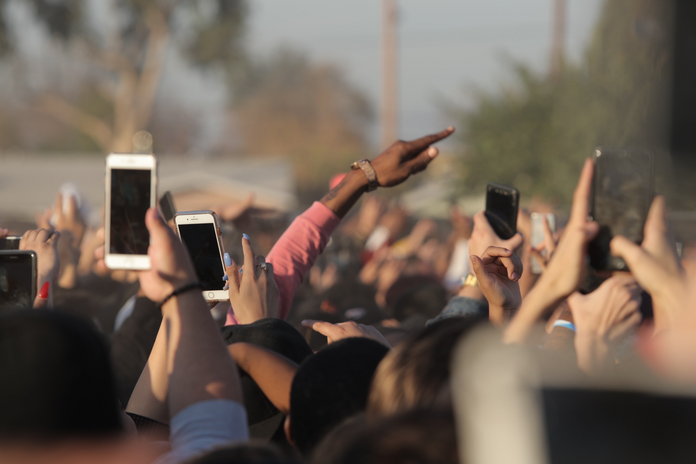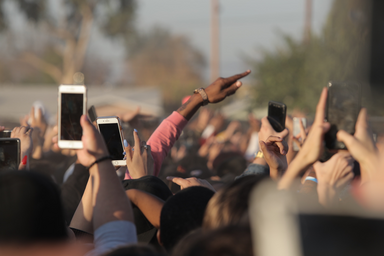The world was outraged when word came out about the 276 school girls from Nigeria who were kidnapped by the militant extremist group, Boko Haram. The emotional stir following the abduction prompted campaigning for action to be taken by the Nigerian government. Through various forms of social media, the internet blew up with the hashtag “#bringbackourgirls” to spread global awareness and campaign for their freedom. Within the first three weeks of the abduction, the hashtag was shared over one million times.
Last week, 21 girls were released from captivity and were able to reunite with their families.
Despite the recent triumph of the returning girls, in nearly two years, the majority of these girls are still either missing or dead. The girls in captivity were pressured to marry the militant extremists. Those who refused, were forced into servitude. It seems as though the world has almost entirely forgot about them. The people of Nigeria being the only exception, have continuously organized vigils and protests with hopes that it will bring about the same awareness that the issue once did. The real question is why has the rest of the world grown silent?
It would be wrong to assume that the world lost interest in the issue altogether simply because it didn’t concern them. The foundation of the #bringbackourgirls campaign was built off the concern of the rest of the world. It seems as though this hashtag, like most hashtags, was treated as a fad. It simply was seen as a passing trend that onlooking social media users caught onto until the next big thing happened. The fundamental flaw in this situation however, is that rather than it being the new editions to the Kylie Jenner lip kit or the new Netflix show that everyone is talking about, this issue holds literal lives at stake. And even though one hashtag or one share cannot physically change what is happening, it can prompt change. It can start a dialogue.
As members of a society where information is available at the click of a button, we can form a digital voice. As citizens of a developed, democratic country that instills free speech as a fundamental freedom, we have a moral obligation to advocate for the voices of those Nigerian girls who are not heard. Far too often, social issues are ignored until they become “socially relevant” again.
Possibly one of the worst things that the people of our generation can do is to respond to the injustices of our world with silence when our voices are capable of being so loud.

